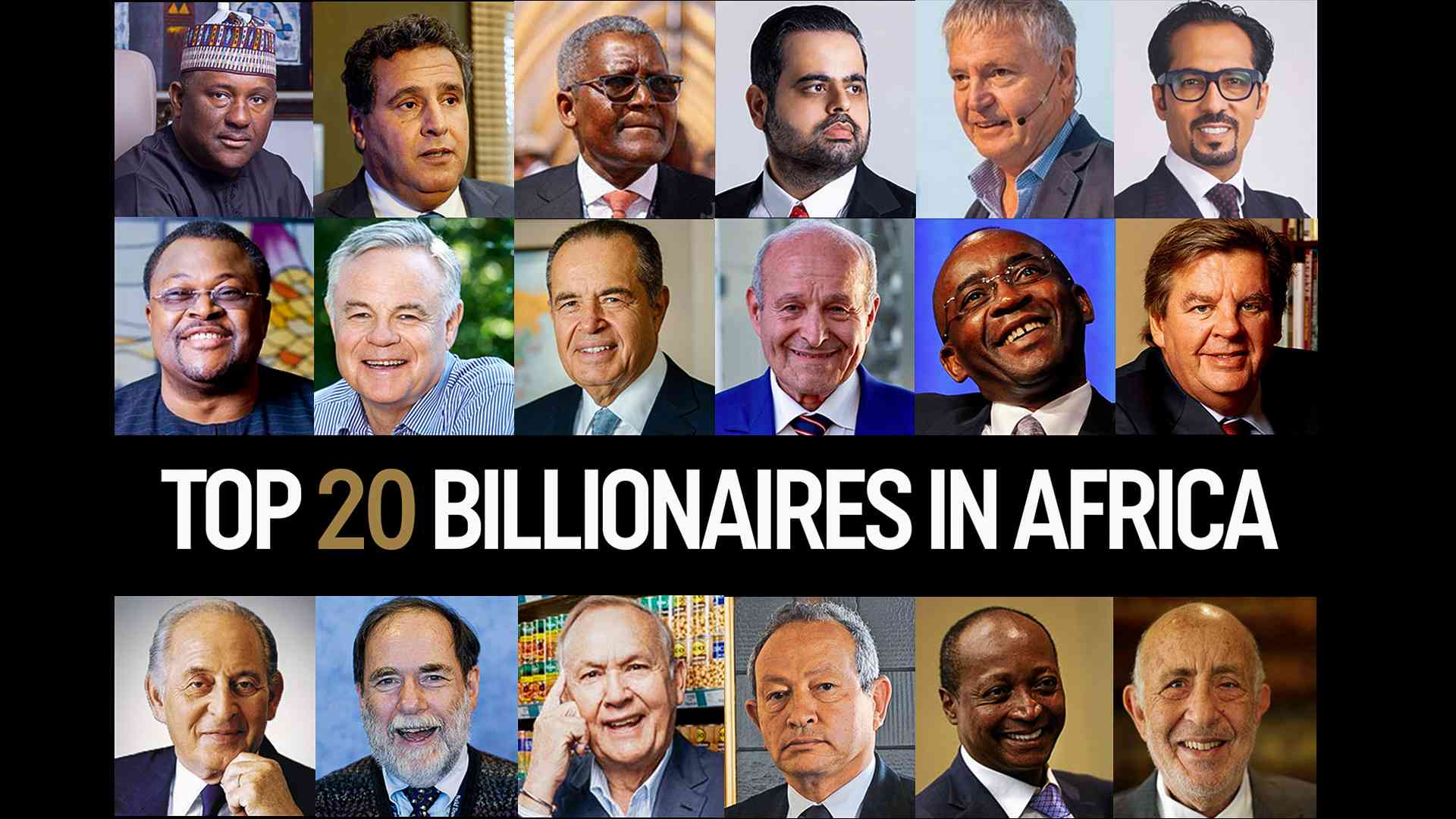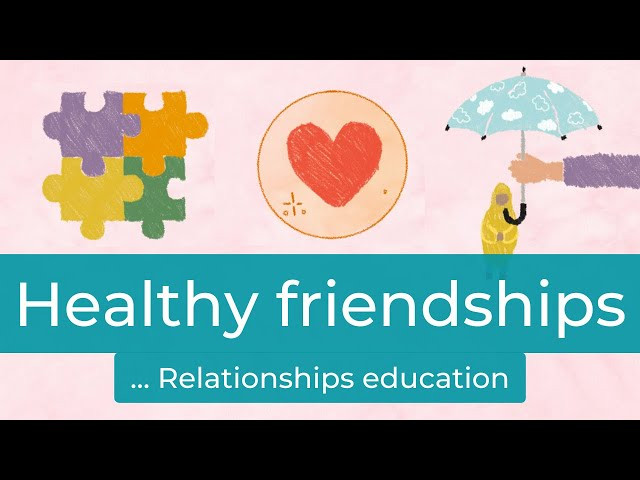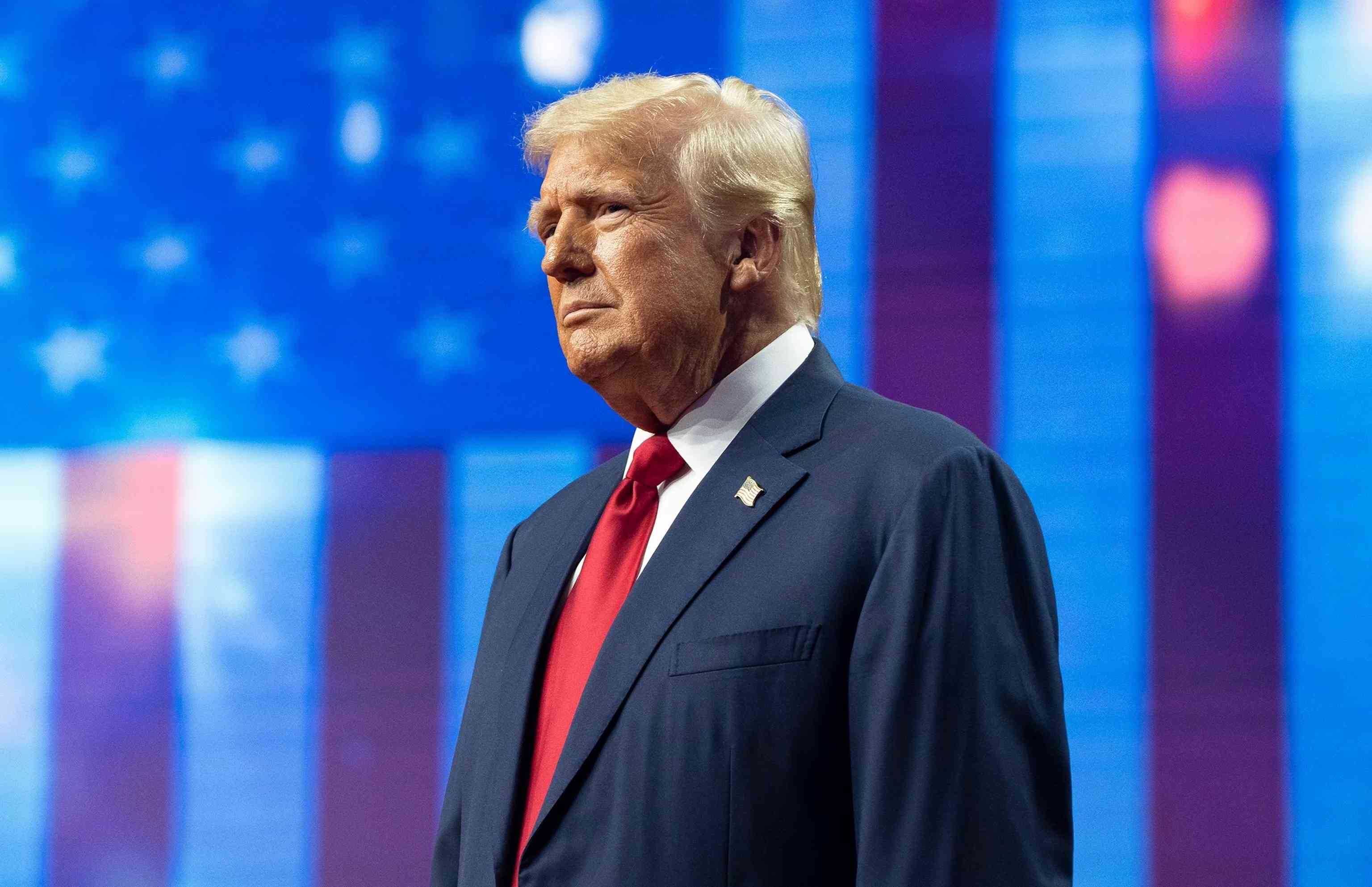
IN a recent move that has left many scratching their heads and wondering about the state of affairs in the country, the government of Zimbabwe published General Notice 635 of 2023 in the Government Gazette directing that all Health ministry procurements be exempt from adhering to procurement processes.
This may seem like a perfectly reasonable move to some. After all, there are plenty of healthcare goods that can be considered of national interest. But this move was not only questionable, but downright ridiculous.
After a public outcry, the general notice was reversed with government claiming that it was published without authorisation. Now, let’s pause for a moment.
How is it that the Government Gazette, an official publication of the State, published an article without authorisation?
It makes one wonder if the right hand knows what the left hand is doing.
But let us not jump into making a conclusion. Perhaps it was an honest mistake? Maybe the government was trying to keep things under wraps, and someone went rogue and published the article without authorisation? That seems like a plausible explanation, right?
There is a high likelihood that the notice was authorised, and the government is just playing games.
Let us take a step back and look at the bigger picture. Zimbabwe is a country which has had its fair share of troubles over the years. Corruption, political unrest and economic instability are just a few of the challenges which the country has faced. So, when the government suddenly decides to classify all Health ministry procurements as matters of national interest, it is natural for people to be suspicious.
- Young entrepreneur dreams big
- Chibuku NeShamwari holds onto ethos of culture
- Health talk: Be wary of measles, its a deadly disease
- Macheso, Dhewa inspired me: Chinembiri
Keep Reading
And when the Government Gazette publishes a notice to that effect, it is natural for people to assume that it was authorised by the government.
So, the question is, why would the government want to classify all Health ministry procurements as matters of national interest? Is there something going on behind the scenes that the government doesn’t want the public to know?
One possibility is that the government is trying to conceal corruption in the health sector. Zimbabwe has a history of corruption in government and the healthcare system is no exception. A good recent example is the US$60 million COVID-19 PPE procurement scandal involving then minister Obadiah Moyo and Drax — where at the end, no one was ever held accountable. By classifying all healthcare procurements, the government can keep the public in the dark about any shady deals that may be taking place.
Another possibility is that the government is trying to prevent the public from scrutinising the healthcare system. Zimbabwe’s healthcare system is in shambles, characterised by shortages of drugs, medical equipment and personnel.
By classifying all healthcare procurements, the government can prevent the public from questioning why the system is failing so miserably.
Whatever the reason, it remains quite clear that the government is playing games with its citizens. By publishing a general notice in the Government Gazette and then claiming that it was unauthorised, the government is either admitting its incompetence or attempting to deceive the public. None of these options inspires confidence in the leadership’s ability to govern effectively.
What baffles the mind is that government spokesperson Ndavaningi Mangwana, tweeted in support of the general notice — only to issue a contrary statement barely two hours later.
Talk about authority.
The government’s recent antics with the healthcare procurement system highlights the inherent flaws in the country’s governance system.
Whether this is corruption, incompetence or something else, the fact that the government is playing games is alarming. It is time for the government to start taking its responsibilities seriously and acting in the best interests of its citizens.
- Kumbirai Thierry Nhamo is a writer, blogger, social commentator, social justice advocate, poet, researcher and freedom of speech and journalism activist. He can be contacted on +263 78 002 2343/+263 71 698 4317; or email: [email protected] He writes here in his personal capacity.











